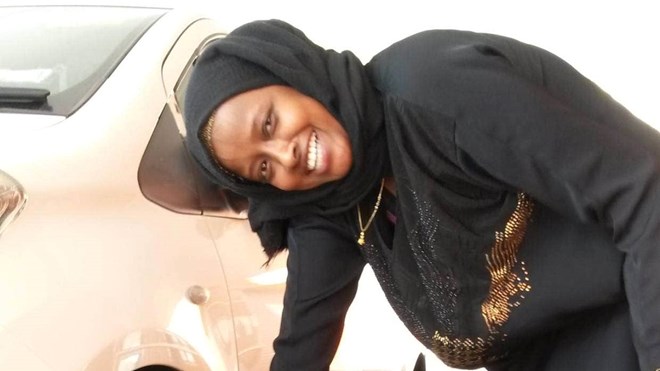Living in a new nation, regardless of your age, presents some frightening concerns, especially driving. WEI SHAO speaks with a number of migrants about their efforts to go on the road and live a more self-sufficient existence in New Zealand.
Because she was “deaf and dumb,” Amino Omar was told she would never learn to drive.
For the Somalian refugee, single mother, and deaf person, getting her driver’s license has meant “freedom.”
In 2009, the 34-year-old relocated to New Zealand with her kid and worked for five years to obtain her driver’s license.
“I observed my Somali friends driving around in their automobiles, enjoying their independence,” she said. “I was quite lonely.”
“I had to walk to the supermarket and walk home again with heavy bags. It was frustrating and exasperating seeing other people drive by,” Omar says through interpreter Kevin McCready, a Kiwi friend who helped teach her to drive.
Amino Omar took five years to gain her driving licence.
As well as being deaf, Omar has persistent language delay because she never learned any language as a child.
She struggles with New Zealand Sign Language (NZSL), and it takes her a lot of effort to concentrate.
“It makes my brain exhausted. I forget signs.”
She asked her Somali community for help to learn to drive, but they wrote her off.
“They said I would never learn to drive. They said deaf people can’t drive. But I knew they were wrong.”
It took her about three years to pass her theory test. She attended lessons to learn the road code, and had a NZSL interpreter help her in class.
“It took me a long, long time. I really wanted to achieve my goal.”
Once she had her learner licence, she took more than 50 driving lessons to get the hang of being behind the wheel. Then Covid-19 put the brakes on her effort to gain independence.
“During the first lockdown, I couldn’t have any lessons. It was a long time without driving, and I had to start learning all over again after the lockdown.
“I even had trouble reverse parking, which was frustrating.”
She didn’t give up though, and took more lessons with Puketapapa Community Driving School (PCDS). The school, run by Migrant Action Trust, provides free lessons for refugees.
“They were really wonderful and helped me a lot,” she says, adding they also taught McCready how to become a good driving teacher.
.”

